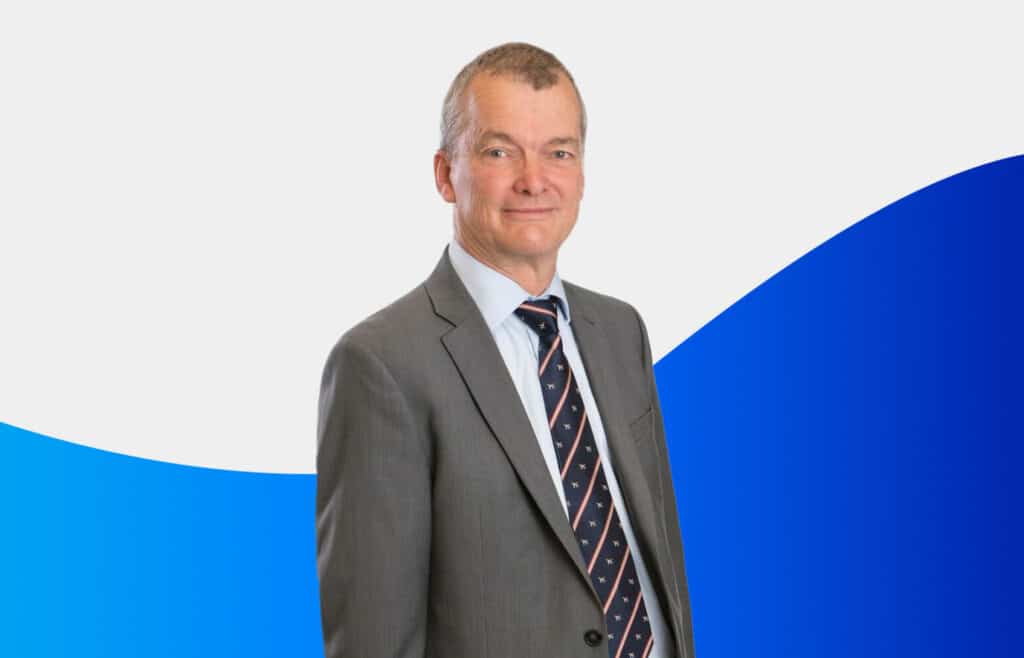As a potential MoneyShop investor, your first contact with us will be with CEO Howard Baker. We invite you to learn more about his role and why investors should consider peer-to-peer investing with us.
Q. What is your background in the finance sector, and your earlier relevant roles?
A. I have a BCom in Economics and Accounting and have been a Chartered Accountant for 40 years. I started my career in Banking and spent time as an accountant in the London banking sector. I have extensive experience in finance-related roles with a number of companies. In 2008 I joined MoneyShop as the CFO, becoming CEO in 2019.
Q. What are the key parts of your role at MoneyShop, particularly from an investor relations viewpoint?
A. An essential part of my role is day-to-day investor relations. We have a small investor pool so it’s important to get to know the investors and ensure we can react to their long-term needs.
Q. What do you find most rewarding about your role at MoneyShop?
A. We have a very stable workforce able to help people in need. Being the friendly face of finance in New Zealand and ensuring we make our clients’ situations better is always top of mind for us. We give the same importance to ensuring trust from an investor’s perspective in what we do.
Q. Why do you think peer-to-peer investing with MoneyShop can be an attractive option for investors in New Zealand?
A. Peer-to-peer investing offers a higher return than normal bank term deposits and the returns are ‘guaranteed’ by MoneyShop (obviously, we have to remain in business for this to continue). We will pay the investor even if we have not received any payments from the borrower, and to date we have not missed a payment to an investor in over 30 years.
Q. What are some of the key trends you see shaping the future of peer-to-peer investing in New Zealand?
A. A number of the more high-profile peer-to-peer lending models have failed due to the repayment model used. At MoneyShop, we will pay the investor regardless of the borrower’s payment history. This is a major difference to our way of doing peer-to-peer compared to other companies in the market.
Q. What is the most common question you’re asked by someone looking to invest with MoneyShop? And what is your answer?
A. The common question I’m asked is, is the investment like a term deposit? My answer is that no, it is not. It is peer-to-peer lending, so the investment will have varying repayment terms. As a result, you cannot get your money out like you would with a bank – you have to wait until the underlying loans reach maturity. This will mean that on average, it takes 18 months to get your full investment returned, although our experience is that approximately half will be returned within six months.
Q. What are the requirements for someone considering investing with MoneyShop?
A. MoneyShop is not a licensed peer-to-peer lender under the FMCA. As a result, we can only accept investments from qualifying investors under the Act.
Q. Finally, what encouragement can you give to a potential investor, and how should they contact you?
A. We have been in business for over 30 years using this model. To date, we have not missed a payment to an investor and have ensured that no investor has lost any capital due to the non-payment of a borrower





